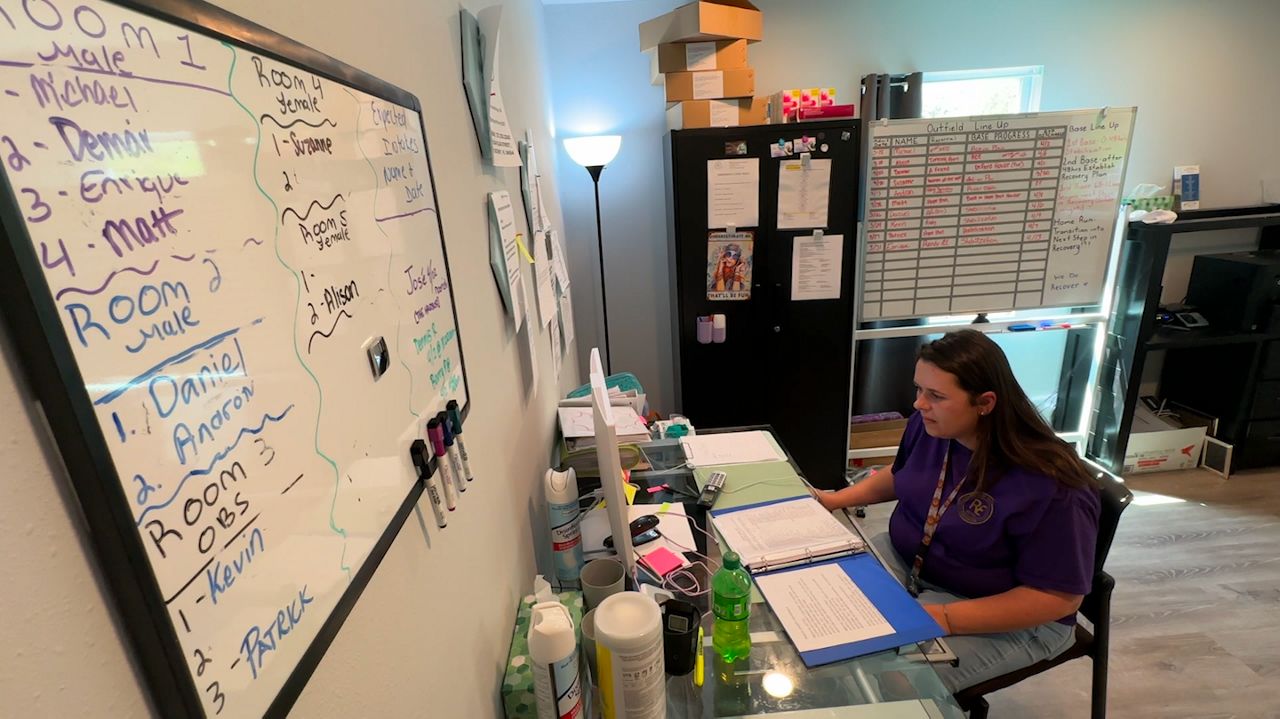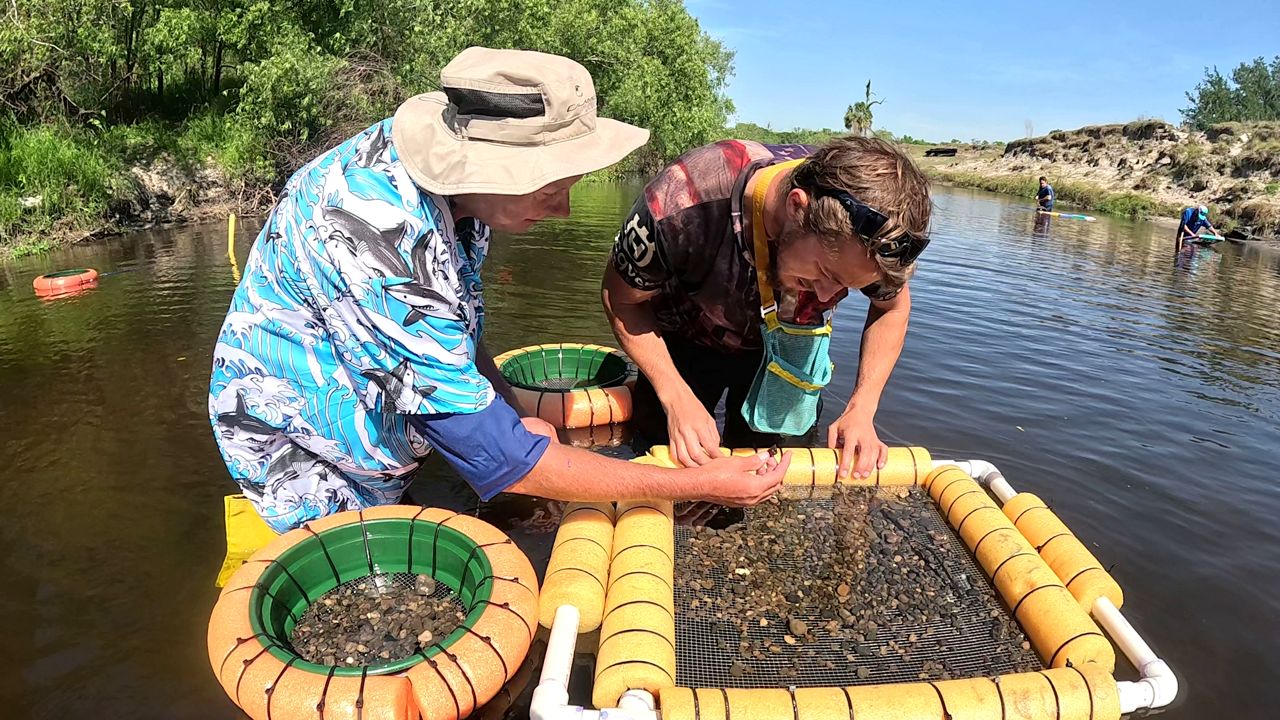TAMPA, Fla. — In less than a week, officials say Parrish Community High School has been locked down multiple times after receiving several bomb threats.
The Manatee County Sheriff’s Office has arrested four students — three from Parrish and one from Buffalo Creek Middle School — on charges of making school threats.
Experts say it’s likely been a difficult time for parents and students dealing with the threat, and lockdowns.
Tampa Bay Area clinical psychologist Dr. Steve O’Brien says at the middle and high school ages, these events can cause students undue stress.
“Stressors from traumatic events, from these false alarms, is just going to rev them up even more,” he said.
The stress also takes a toll on the entire family causing parents to be on high alert for safety, O'Brien said.
“(Stress) can make parents, unfortunately, very vigilant and even more protective, which is understandable, but if we overly focus more on safety it can paradoxically make kids more anxious," he said.
O’Brien says it might be harder for those students who have been diagnosed with anxiety to make a return to the school right away, but there are tools kids can use to help when they do return
“It can be through books, it can be through psychologists coming into schools to discuss ways to practice mindfulness — which is really paying attention and tuning into to your thoughts, feelings, you’re your body, then trying to deescalate,” he said.
For other students it can be a different situation.
“Now kids that don't have a historically difficult time with anxiety have a higher chance to able to go back to school environment if they know what the safeguards are in place and if they feel like they have some sense of control in those environments," O'Brien said.
One major piece of advice that O'Brien has for parents is to sit down and listen to how their kids feel.
“Reassurance alone doesn’t do it for teens," he said. "They have to be understood and then there needs to be some mutual problem-solving about what do you think would help you feel safer and more secure. Those are discussions that are much more productive than simply telling kids they are going to be OK."
O’Brien said he thinks threat drills make kids extremely anxious and recommends that schools provide anxiety management drills, discussing things on how to help yourself and others around you when stressful events like this can occur.









